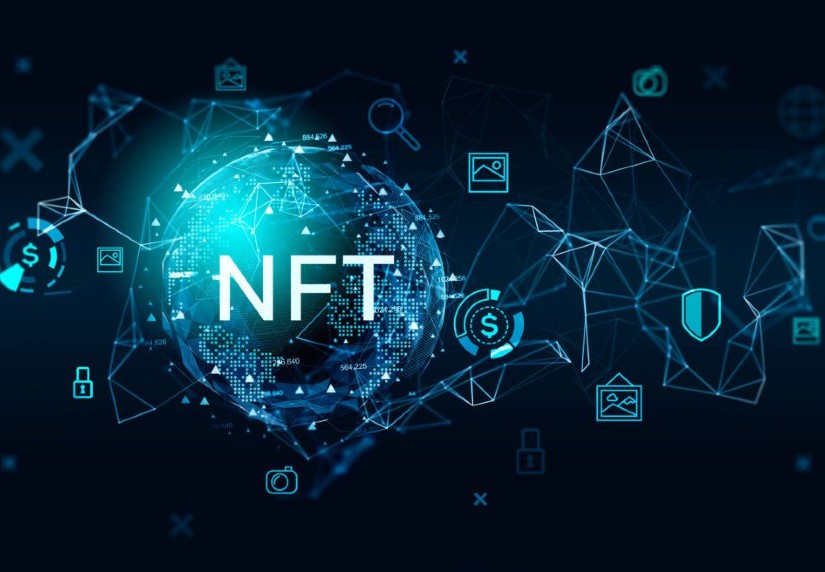Boson Protocol, a decentralized commercial exchange has launched an application (Boson dApp), the first decentralized marketplace built on the Boson protocol that allows participants to trade, commit and redeem their Non-fungible tokens (NFTs).
“We are proud to present the v2 Boson Protocol to everyone after years of research and development,” Boson Protocol announced on its official Twitter page. The Boson Protocol v2 is a decentralized protocol that allows automated execution such as the tokenization of NFTs to be carried out with trust which is a solution to the physical asset exchange problems in the digital ecosystem.
After years of research and development we can proudly present to everyone our v2 Boson Protocol🙌⚛️
Start your D-Commerce journey here:
👉 https://t.co/JLUA4CtPnO pic.twitter.com/OFnK2i8Gaz— Boson Protocol (@BosonProtocol) November 3, 2022
Boson stated in a whitepaper released in July that its vision is to create a single marketplace for physical items such as shirts, cars, and wines. Goods and services will be listed and searchable on the shop and encrypted with codes. Boson will be built on decentralized infrastructure while the $BOSON token will be used as a mediator in order to ensure the full users partake in the value they create.
Addressing Salient Questions in NFT Trading
While Boson is creating a decentralized single shop for physical items, certain challenges exist that need to be addressed.
Some of the questions that need to be addressed include; how can buyers ensure they get their products after the item has already been tokenized? Secondly, how can Boson ensure that the exchange of goods is done automatically when it is done remotely? Thirdly how can the physical items be represented digitally?
To address the physical asset oracle problem, Boson tokenizes trade commitments rather than directly tokenizing physical assets.

As a type of forward contract, the protocol encodes both the seller and buyer’s promises to carry out a commercial exchange, which is encoded within smart contracts and tokenized as a redeemable non-fungible token (rNFT).
Redeemable NFTs solve the challenge of how to digitally present a physical asset by guaranteeing that the bearer of a rNFT will either receive the item or their money back thus making it possible to realize the vision of: “a unified digital market for physical goods based on Web3”
The Dominance of NFTs in the Growing Digital Ecosystem
So many firms have taken to the use of NFTs as it becomes popular in the blockchain industry. NFTBank has committed resources to change the narrative in the NFT sector by collaborating with MetaMask in order to offer its customers NFT price tracking.
In related news, NFT stars to feature in a new campaign launched by KIA motors.


